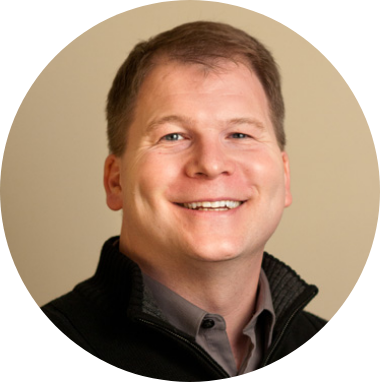We have written before about how scientists have tried to use the controversial gene-editing technology CRISPR to alter the human genome.
In some cases, researchers have attempted to create human-animal hybrids using this type of technology.
This week our friends at the Colson Center for Christian Worldview have highlighted yet another example of scientists using CRISPR to meddle with — and then kill — human embryos in the name of science.
John Stonestreet writes,
[A] team of researchers at the Francis Crick Institute in London used CRISPR to edit 18 donated human embryos. The purpose, they claimed, was to study “the role of a particular gene in the earliest stages of human development.” Unfortunately, around half of the embryos “contained major unintended edits.”
“Major unintended edits” is a euphemism for “mutation” and “genetic damage” which, as Medium told its readers, “could lead to birth defects or medical problems like cancer later in life.” As one genetics researcher put it, “…you’re affecting so much of the DNA around the gene you’re trying to edit that you could be inadvertently affecting other genes and causing problems.” Even worse, the Crick Institute team didn’t inadvertently mess with a gene near the one they were targeting. In other words, they “hit their targets.” The results were, however, unexpected.
Fyodor Urnov, a professor of molecular and cell biology at Berkeley, was more blunt: “There’s no sugarcoating this . . . This is a restraining order for all genome editors to stay the living daylights away from embryo editing.”
Once a “gene-editing expert” gets frightened, you’d think we might want to cool our jets in this whole “playing god” thing. I doubt it. . . . By the way, all the embryos affected by the Francis Crick Institute team were destroyed.
This kind of “create-and-kill” research is simply unconscionable.
It treats unborn children like lab material.
The unborn children created and killed as part of these gene-editing experiments had zero say in what happened to them. They were simply at the mercy of researchers in a lab.
As we have said many times, human beings are not research material. Unfortunately, gene-editing technologies like CRISPR treat them that way.
We must insist that scientific research respect the sanctity of human life at every stage of development.
READ MORE






